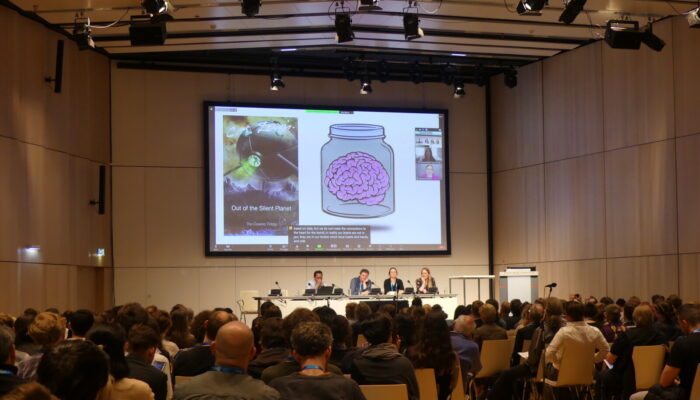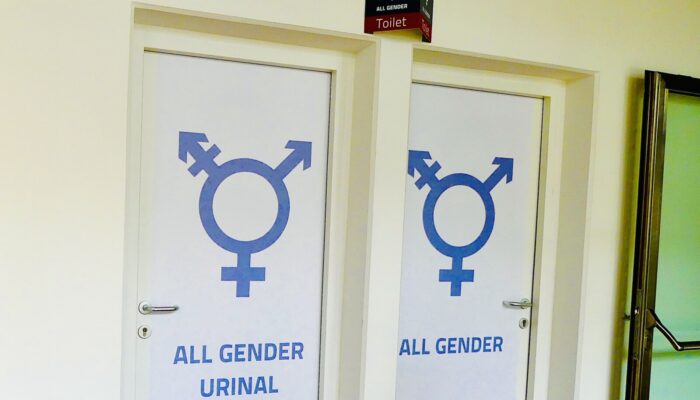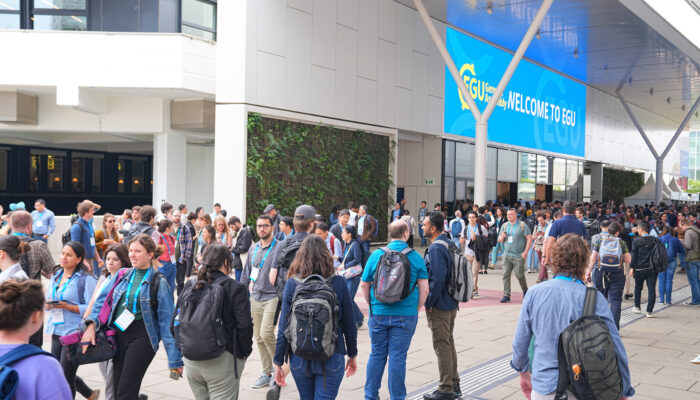Most people spend a lot of time and effort making their presentation engaging and impactful, but how much time do you spend making sure it is accessible!? An accessible presentation takes into account the diverse backgrounds and abilities of the audience, to support a better understanding of the message and information you are trying to share. This is particularly important for scientific research ...[Read More]
Questions about accessibility at EGU25? Your guide to attending with children, special access resources and overcoming conference barriers.
The annual EGU General Assembly is a wonderful chance to gather together with friends and colleagues to discuss recent scientific work, plan new projects and develop your career, but a scientific meeting, especially one the size and length of time of the General Assembly is not an equally accessible experience for everyone. With this in mind over the years EGU have developed a range of resources a ...[Read More]
First time at an EGU General Assembly? We’ve got you covered!
Europe’s biggest geoscience conference, EGU25, is just over one month away! Each year, the EGU General Assembly brings together over 19,000 researchers, scientists, academics and journalists to discuss and share the latest developments in planetary exploration, Earth observation, polar science, climate change, natural hazards, and much more. And it is held at the Austria Centre Vienna (ACV) which ...[Read More]
Worried your speaking invitation is just tokenism? Here is what to do next!
A few years ago in my early postgraduate years, I was approached by a renowned organisation in Norway. They wanted me to speak at one of their biggest events. I was thrilled and did not even think twice before accepting the invitation. They flew me to the city where the event was held, provided me with accommodation, and during the panel discussion, I enjoyed the spotlight and indulged in those si ...[Read More]




